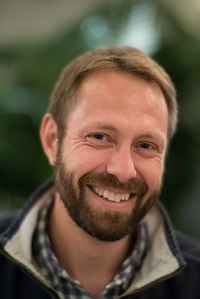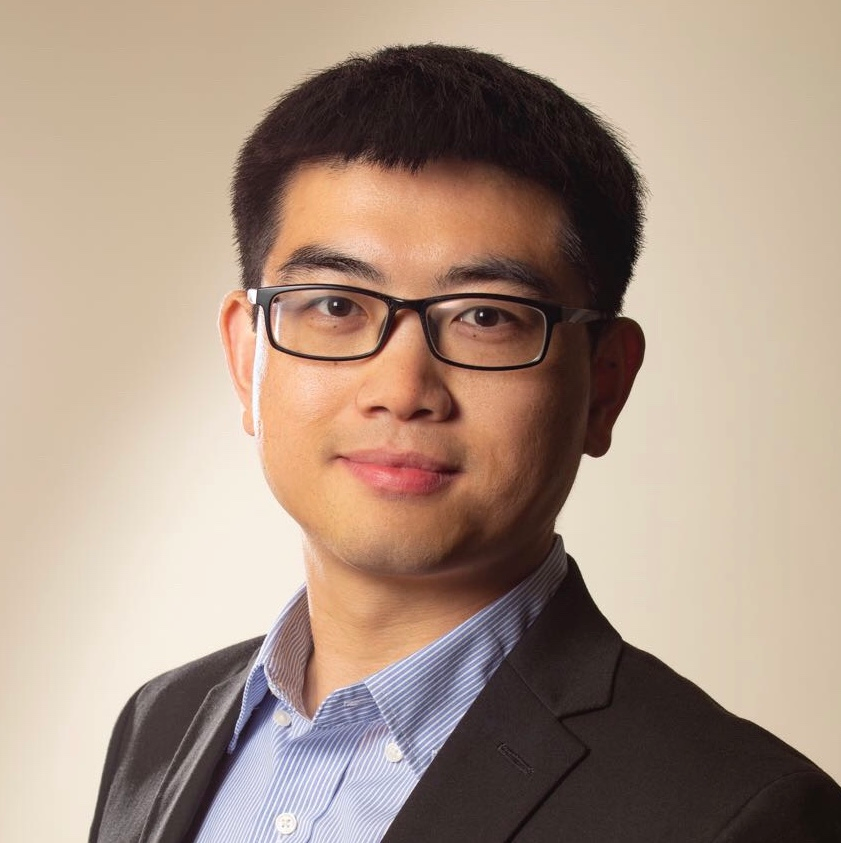由电子科技大学信息与通信工程学院与格拉斯哥大学共同主办,格拉斯哥学院协办的“电子科技大学-格拉斯哥大学学术论坛”,本次邀请到格拉斯哥大学的Nikolaj Gadegaard教授及信息与通信工程学院张帆教授作学术交流。具体安排如下,欢迎感兴趣的师生参加。
一、主 题:
Topic 1:Applying AI in Biomedical Engineering
Topic 2:Computational Diffusion MRI Analysis Using Deep Learning
二、主讲人:
Nikolaj Gadegaard(Professor, University of Glasgow)
Fan Zhang(Professor, UESTC)
三、时 间:2023年3月22日(周三)16:30
四、参加方式:
线上平台:ZOOM Meeting
会议链接:https://uofglasgow.zoom.us/j/89241784087?pwd=TWN2VytrVHlGcHhVRGRYdlluUjcxUT09
五、主持人: Dr Julien Le Kernec (Senior Lecturer)
六、内容简介:
Topic 1:
Our expectations to wellbeing and healthcare are ever increasing and at the same time constantly challenged in a socioeconomic context. This puts a continuous demand on new or smarter materials used in healthcare and medical applications. My research group has a long history of using micro- and nanofabrication technologies to investigate and manipulate biological systems. Strongly underpinning our activities is a platform which enables fast mass production of the devices required in the lab. In this presentation, I will start with a brief historic perspective of the fabrication technologies at hand in my lab and how they have evolved from sophisticated electron beam lithography to consumer 3D printers and at the same time supporting volume production using injection moulding. Injection moulding is a cornerstone in our everyday use of plastic components – including biological lab consumables. Uniquely, we have developed a number of flexible platforms around the technology in the lab enabling us to manufacture more than 2000 sample per day – if required. Another focus of the research in the lab is the combination of imaging (microscopy) and the use of AI. The rapid evolution of AI in the past decade has seen its invasion across many disciplines. We are using the latest developments in AI for image acquisition and analysis. Here we have developed algorithms to make complicated image analysis more accessible as well as developing models linking microscopy data with quantitative functional genomic expression levels in single cells. Finally, we are combining this expertise towards microphysiological or organ-on-a-chip systems.
Topic 2:
Diffusion MRI is an advanced imaging technique that measures the random molecular motion or diffusion of water molecules. It enables estimation of the underlying tissue microstructure and allows in vivo mapping of the brain’s white matter connections. Recent advances in deep learning have witnessed great success in computational diffusion MRI, which has shown great potential in clinical and research applications, e.g., study of the brains in health and disease and neurosurgical planning research. In this talk, Dr. Zhang will introduce several machine/deep learning techniques that he and his colleagues developed for computational diffusion MRI tasks.
七、主讲人简介

Nikolaj Gadegaard FRSE, is professor of Biomedical Engineering and Director of Research in the James Watt School of Engineering at the University of Glasgow. He has an educational background in chemistry, physics and biophysics, and has worked at the interface of physics/engineering and biology for more than two decades. He is an expert on the use of micro- and nanofabrication technologies for biomedical applications with a particular focus in using injection moulding for sample preparation. His group is active in the use of AI across several aspects of the research ranging from materials design to image analysis and correlation to biological function. He has published more than 180 papers in e.g. Nature family journals, Advanced Materials, ACS nano and JACS with more than 18.500 citations and an h-index for 58. In 2015 he was awarded an ERC consolidator grant (FAKIR) to study the cellular dynamics of cells on nanostructured materials and in 2021 elected fellow of the Royal Society of Edinburgh.

Fan Zhang is currently a professor at the University of Electronic Science and Technology of China (UESTC). He received his Ph.D. in Computer Science from The University of Sydney in Australia. After that, he pursued postdoctoral research, followed by a faculty position, at Harvard Medical School (HMS) in the USA. His research interests focus on developing novel computational techniques for medical image analysis, in particular in neuroimaging. He has published over 100 peer-reviewed papers in leading international journals and proceedings at top international conferences such as MedIA, IEEE TMI, NeuroImage, MICCAI, and CVPR.
八、主办单位:信息与通信工程学院
协办单位:格拉斯哥学院